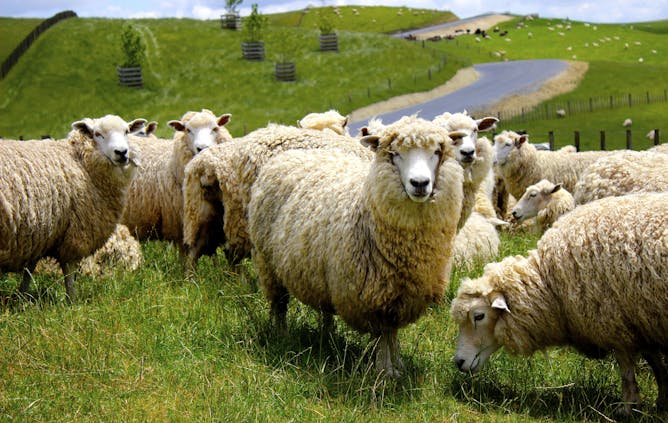|
Companies have a lot of power in modern society; some worry they have too much. It’s definitely concerning when Boeing gets to assure a federal regulator that its planes are safe, and when Facebook is allowed to determine entirely on its own how people may act on its site. About 10 years ago, Indiana University political economist Elinor Ostrom became the first – and still only – woman to earn a Nobel Prize in Economic Sciences for studying corporate self-regulation.
Today, Indiana University professor Scott Shackelford, director of the Ostrom Workshop Program on Cybersecurity and Internet Governance, explains what the late scholar’s work is about, and how it offers both hope and caution for self-regulation in the digital age.
Also today we have stories on how a slowing economy could derail Trump’s trade wars, what the ban on editing the genes of human embryos means for family planning and what the 25th Amendment is really for.
|

Managing a shared resource doesn’t have to involve fences.
Caroline Ryan
Scott Shackelford, Indiana University
A Nobel Prize-winning political economist found a way to promote good governance and protect users without the need for heavy-handed government regulation.
|
|
|
Politics + Society
|
-
Erik M. Jensen, Case Western Reserve University
Those who want President Trump out of office should forget about the 25th Amendment; it won’t work as they hope or believe. The amendment is a complex law that – by design – is very hard to use.
-
Sean Rehaag, York University, Canada
Unlike prior waves like the enslaved people on the Underground Railroad or Vietnam-era war resisters, they are children whose parents fear deportation after spending years in the United States.
|
|
|
|
|
|
|
|
Most read on site
|
-
Stian Rice, University of Maryland, Baltimore County
Since Reconstruction, states have leased prisoners to US industries. That diminished in the 20th century, but now it's resurging, with prisoners leased to harvest food for American consumers.
-
Alexis Elder, University of Minnesota Duluth
Friendship requires that we be open to our friends’ ways of seeing things, even when they differ from our own. Is being a good person necessary for a good friendship? Who is a good person?
-
Gabriel D. Wrobel, Michigan State University
Grisly war trophies made from the heads of vanquished enemies certainly grab attention. But archaeologists are more interested in what they may tell about a tumultuous time of shifting political power.
|
|
Today’s chart |
-
  |
Sean Rehaag
York University, Canada
|
| |